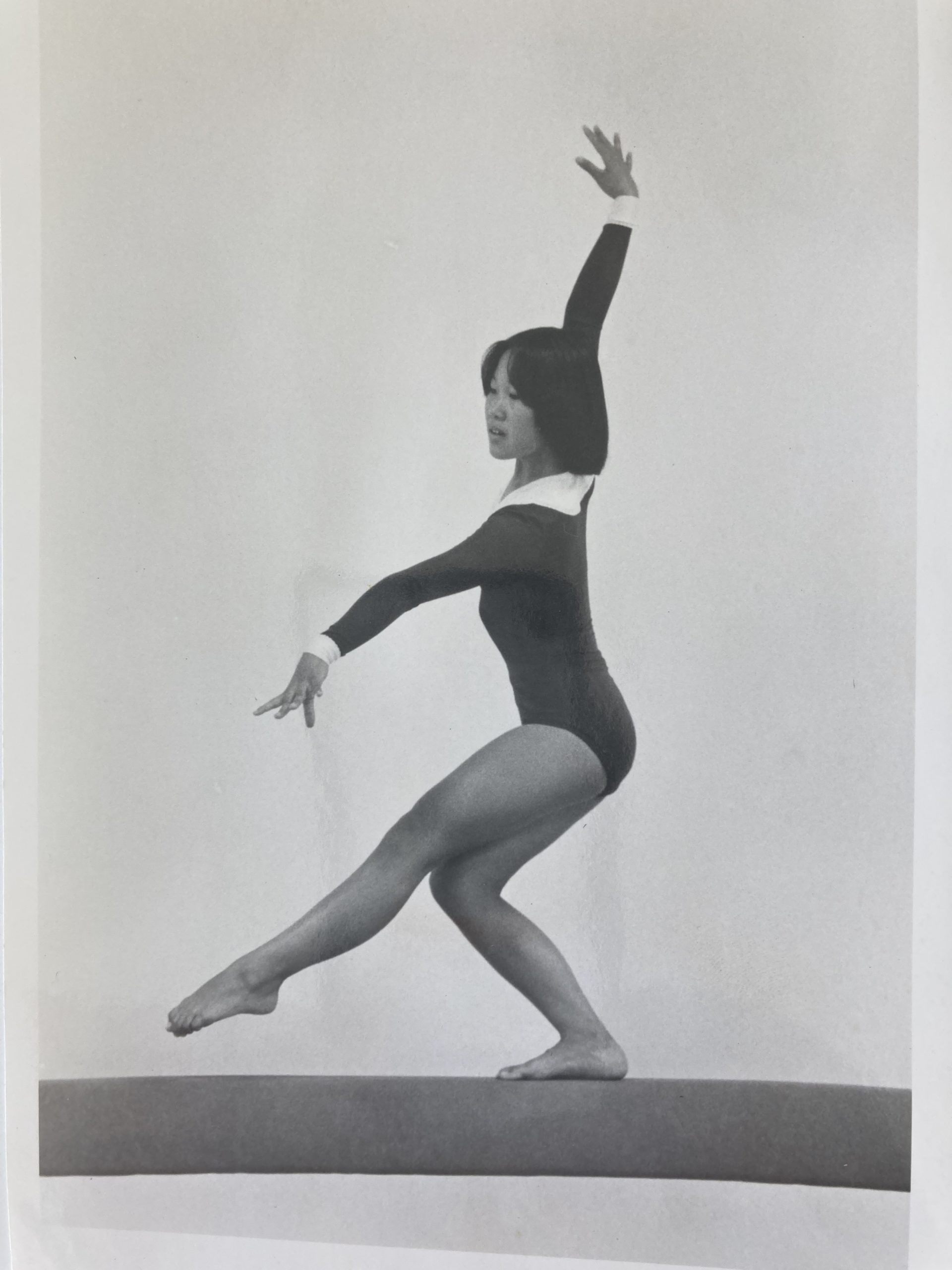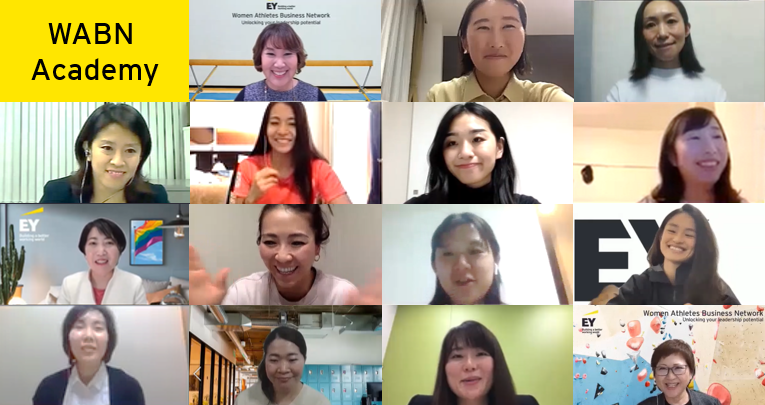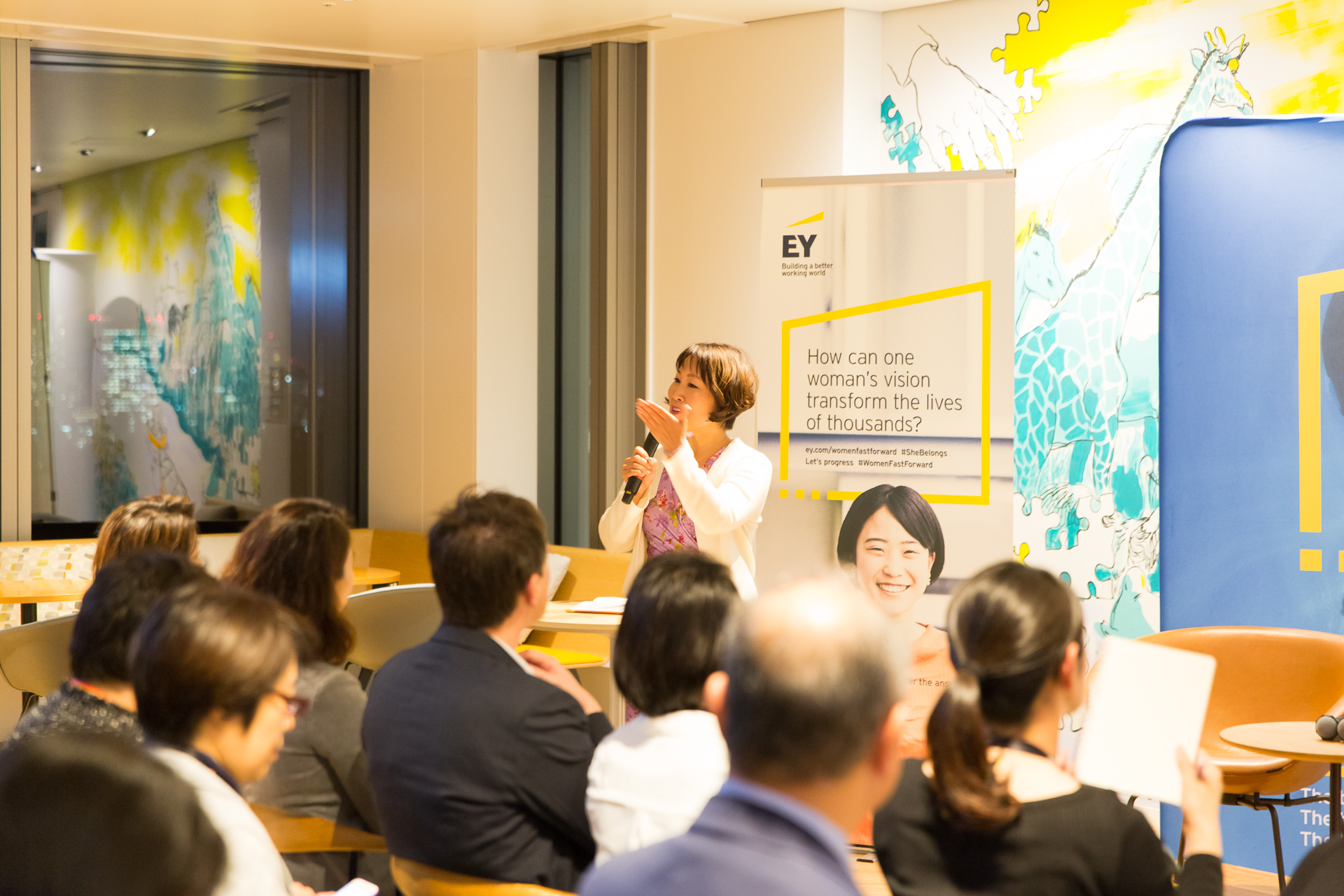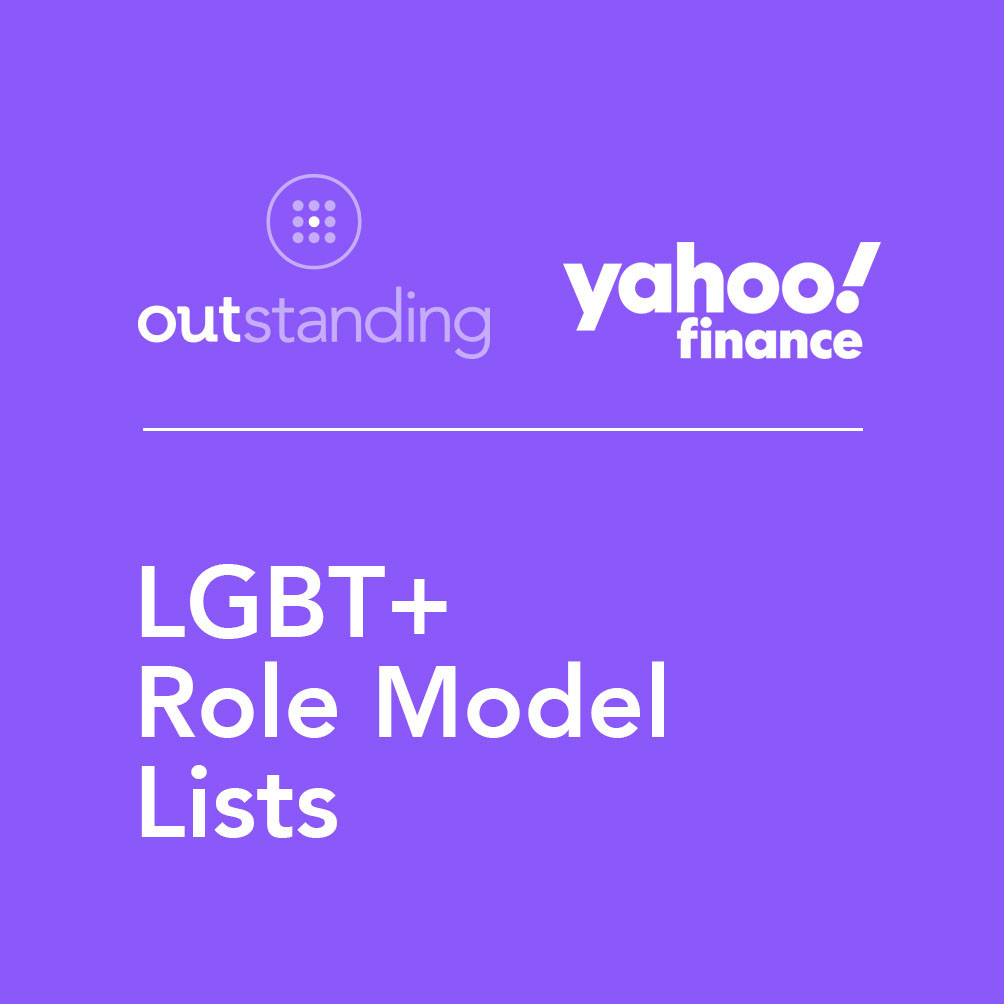Japan
Director, Brand, Marketing & Communications – EY Japan
Janelle is an active changemaker within EY Japan. As well as leading the strategy and initiatives of EY Women Athletes Business Network (WABN), with her 10-year experience as a gymnast, she addresses the needs of businesses to find diverse talent and women athletes on realizing their leadership potential in the business world. Janelle is a well-known expert on gender diversity and has been invited to speak at international events including the American and British embassies in Tokyo.
In a nutshell, please tell us a little about your career journey until this point.
I am a third generation Japanese American and originally from a small town called Marysville, California. I was raised by a single mother with 3 children on a peach orchard. It is sad to say that the discrimination against Asians occurred in the small town. My mother taught me the importance of becoming financially independent and seeing a bigger world beyond to achieve more. I went to University of California at Berkeley where I met students from all over the world. I was inspired by the different ideas and perspectives shared in the classroom.
Upon graduation, I built my career in leadership at a technology company in Silicon Valley. I came to Japan over 10 years ago for a two-year assignment to launch a DE&I company-wide program, fell in love with the culture and decided to extend my stay indefinitely.
I like to take on new challenges and influence C-Suite leaders to create positive change in the workplace. My purpose is to inspire others to unlock their leadership potential through mentoring, upskilling, and networking.
“When you don’t see role models, be one!”
Who is your role model and why?
I am inspired by EY ShinNihon Chairwoman, Masami Katakura who was selected as one of the HERoes, Top 10 Women Executives in 2020 and 2021. She is the first woman Chair and CEO of a Big 4 accounting firm in Japan. Katakura san is the leader I hope to be in the future. She serve s as my mentor and ultimately became my sponsor for an opportunity in the brand, marketing and communications team. Katakura san broke barriers and included me in various Japan projects to gain leadership experiences. She has brave spirit, fierce mind, and a kind heart. I admire how she respects people at all levels, makes sound decisions and stays calm even in the most challenging situation.

What did you want to be when you were growing up?
I was a competitive gymnast for over 10 years and my goal was to become an Olympian. As a shy and awkward girl, sports helped build my confidence, work ethic, focus on results, and strive for success. I liked sports partly because they focus on one’s ability and performance, no matter what group you are in. As I was a successful gymnast, people accepted me for who I am. Sports taught me to face and overcome setbacks such as having a shoulder injury or striving to finish your routine even if you had a major fall off the balance beam in competition.
Unfortunately, I was not able to reach my goal of competing at the Olympics and retired from the sport. Yet, these life lessons translate from the gym to the workplace. The leadership skills I gained as an athlete has stayed with me in my career and been a unique differentiator in the business world.
What’s the biggest risk you’ve ever taken, and what’s your greatest career achievement?
Working in Silicon Valley fostered my “take a risk mindset”. My greatest career achievement was my international assignment and promotion to a newly created role in Japan. At first, I was hesitant since I was comfortable with my current work and life in the Bay Area. With the encouragement of a male mentor, I accepted the position. He said it would change my life and he was right. It’s been an opportunity of lifetime to live and work in Japan.
“I am fortunate to work in a global company with colleagues and clients in over 35 different countries from a round the world.”
What would you tell your 18-year-old self if they could see you now?
Believe in yourself and the rest is easy.
How have your lived experiences helped you in your industry today?
Being Japanese American is a unique advantage. I consider myself a bridge builder between Japan and the United States. I hold basic understanding of the Japanese culture, traditions and expectations which has been helpful to establish more quickly a comfortable and trusting relationship with my friends, colleagues and clients in Japan. It’s my purpose to b ring value of my glob al network and share innovative insights to Japan. At the same time, I have opened the door to the rest of world to the country of Japan.

“The leadership skills I gained as an athlete has stayed with me in my career and been a unique differentiator in the business world.”
How has connecting globally with people in other countries influenced your thinking or approach?
Early in my career, I had a strong curiosity and openness to learn about different cultures and travel abroad. This interest has influenced my career. I am fortunate to work in a global company with colleagues and clients in over 35 different countries from a round the world. This experience, exposure and education has been my “MBA on the job” and help me develop a global mindset and unlock my leadership. I have learned about the workplace and business expectations of relevant countries and markets, build strong cross cultural relationships, and develop strategies to adjust and flex my work style.

How do you think driving inclusion in your region differs from other parts of the world? Are there unique challenges or opportunities?
In Japan, you need the capability and capacity to build consensus. It’s a different type of leadership and work style than the U.S. Consensus building is the classic decision making process in Japan. It requires a lot more time in securing commitment by leaders. For example, before you get to the final meeting, it’s important to gain consensus before hand by introducing ideas, making your business case in 1:1 and small group meetings. This requires a lot of energy, patience, and time in getting things accomplished. But the beauty is that while you need to spend more presenting your ideas and getting people on board, once the decision has been made, the execution by the Japanese is flawless.
We often reflect on you can’t be what you can’t see, how far does this resonate with you and your own experiences?
Seeing is believing. As a Japanese American woman leader, it has been rare to see other leaders like me in business. One of my mentors gave me valuable advice that I still practice today. She said, “When you don’t see role models, be one!” I am committed to pay it forward and mentor the next generation of Asian women leaders.



